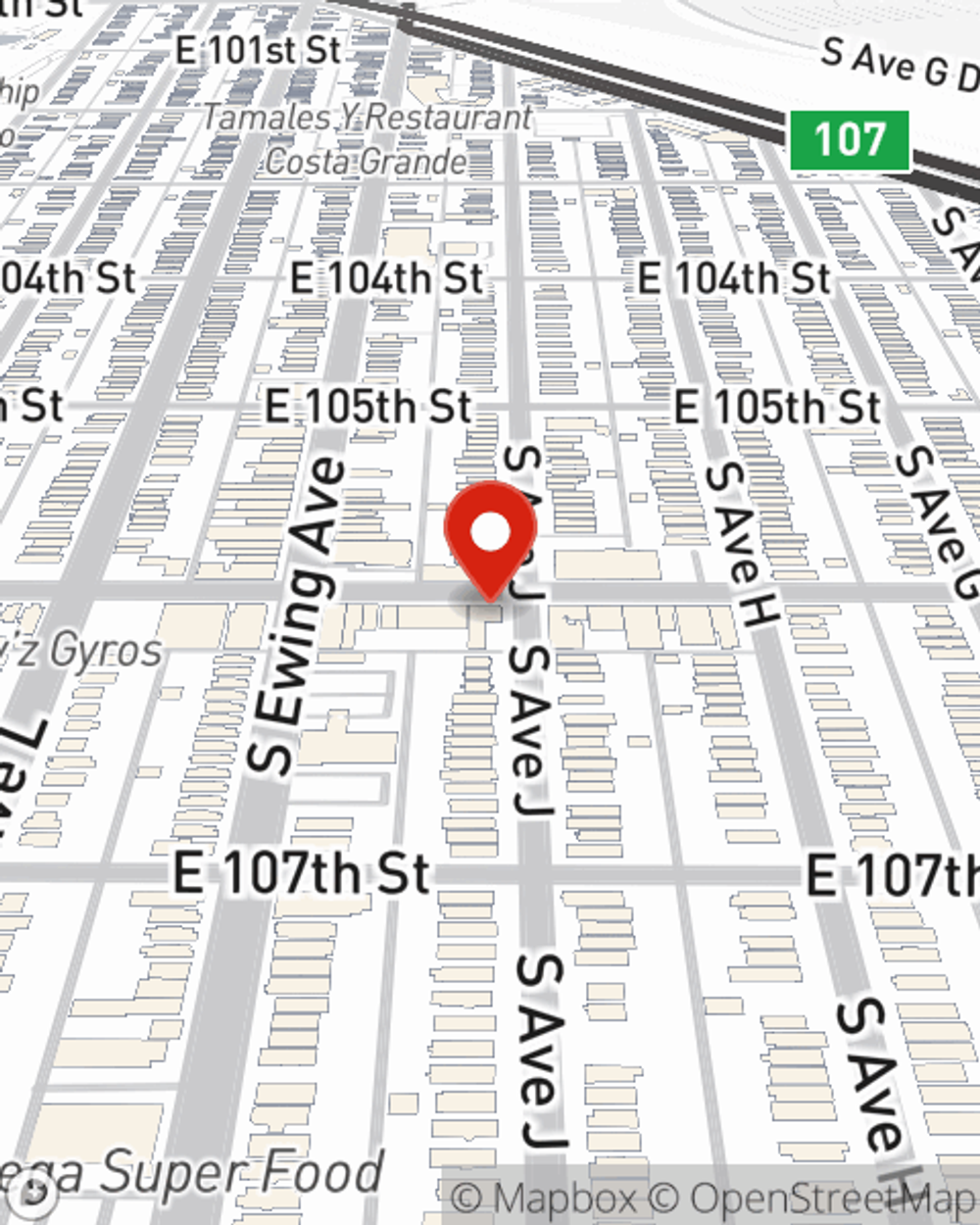Condo Insurance in and around Chicago
Here's why you need condo unitowners insurance
Cover your home, wisely

Welcome Home, Condo Owners
There is much to consider, like coverage options providers, and more, when looking for the right condo insurance. With State Farm, this doesn't have to be a hard decision. Not only is the coverage impressive, but it is also surprisingly well priced. And that's not all! The coverage can help provide protection for your condo and also your personal property inside, including things like mementos, furniture and videogame systems.
Here's why you need condo unitowners insurance
Cover your home, wisely

Safeguard Your Greatest Asset
It's no secret that life is full of surprises, which is all the more reason to be prepared for the unexpected with condo unitowners insurance. This can include instances of liability or covered damage to your condominium from a windstorm, vandalism or water damage.
Intrigued? Agent Mike Johnson can help walk you through your options so you can choose the right level of coverage. Simply stop by today to get started!
Have More Questions About Condo Unitowners Insurance?
Call Mike at (773) 221-4900 or visit our FAQ page.
Simple Insights®
Getting rid of dust in your house

Getting rid of dust in your house
A dusty home can make asthma and allergy sufferers uncomfortable. Discover tips to help reduce or eliminate the amount of dust in your house.
How to get rid of bed bugs

How to get rid of bed bugs
Learn about potential ways to spot bed bugs and what you can do to get rid of them before they spread throughout your home.
Mike Johnson
State Farm® Insurance AgentSimple Insights®
Getting rid of dust in your house

Getting rid of dust in your house
A dusty home can make asthma and allergy sufferers uncomfortable. Discover tips to help reduce or eliminate the amount of dust in your house.
How to get rid of bed bugs

How to get rid of bed bugs
Learn about potential ways to spot bed bugs and what you can do to get rid of them before they spread throughout your home.
